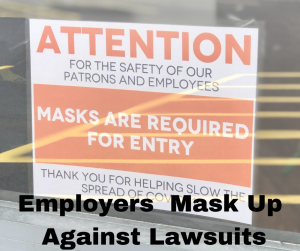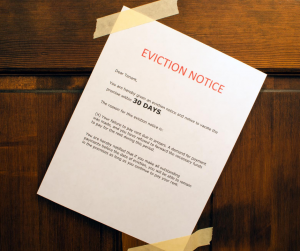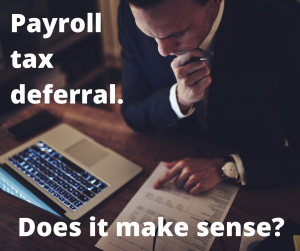For the past two years, small businesses whose bottom lines were impacted by the onset of COVID-19 enjoyed greater protections while going through Chapter 11 bankruptcy reorganizations in the form of higher debt limits under the Small Business Reorganization Act.
That act, passed in August 2019 and enacted as of February 2020, established what came to be called “Subchapter V” of the SBRA, aimed at providing a simpler, less costly and ultimately more beneficial Chapter 11 process for small business debtors who would struggle to afford administrative and other costs.
 Chicago Business Attorney Blog
Chicago Business Attorney Blog









